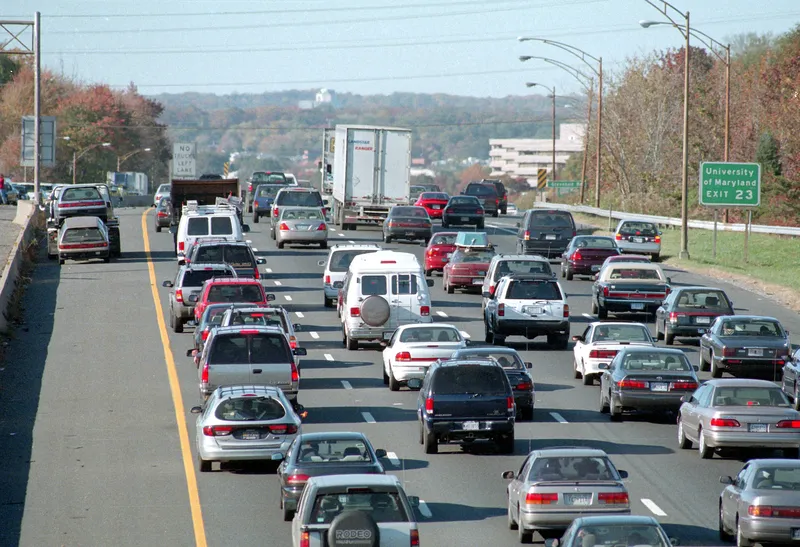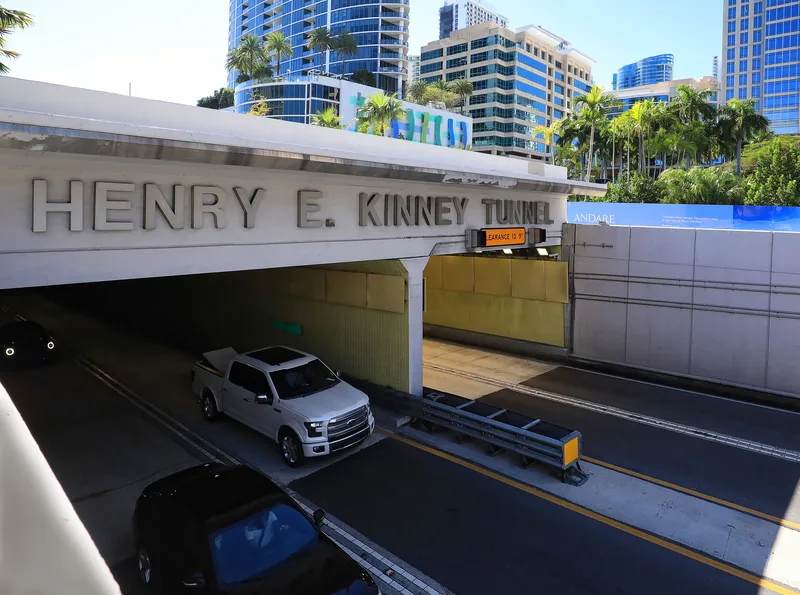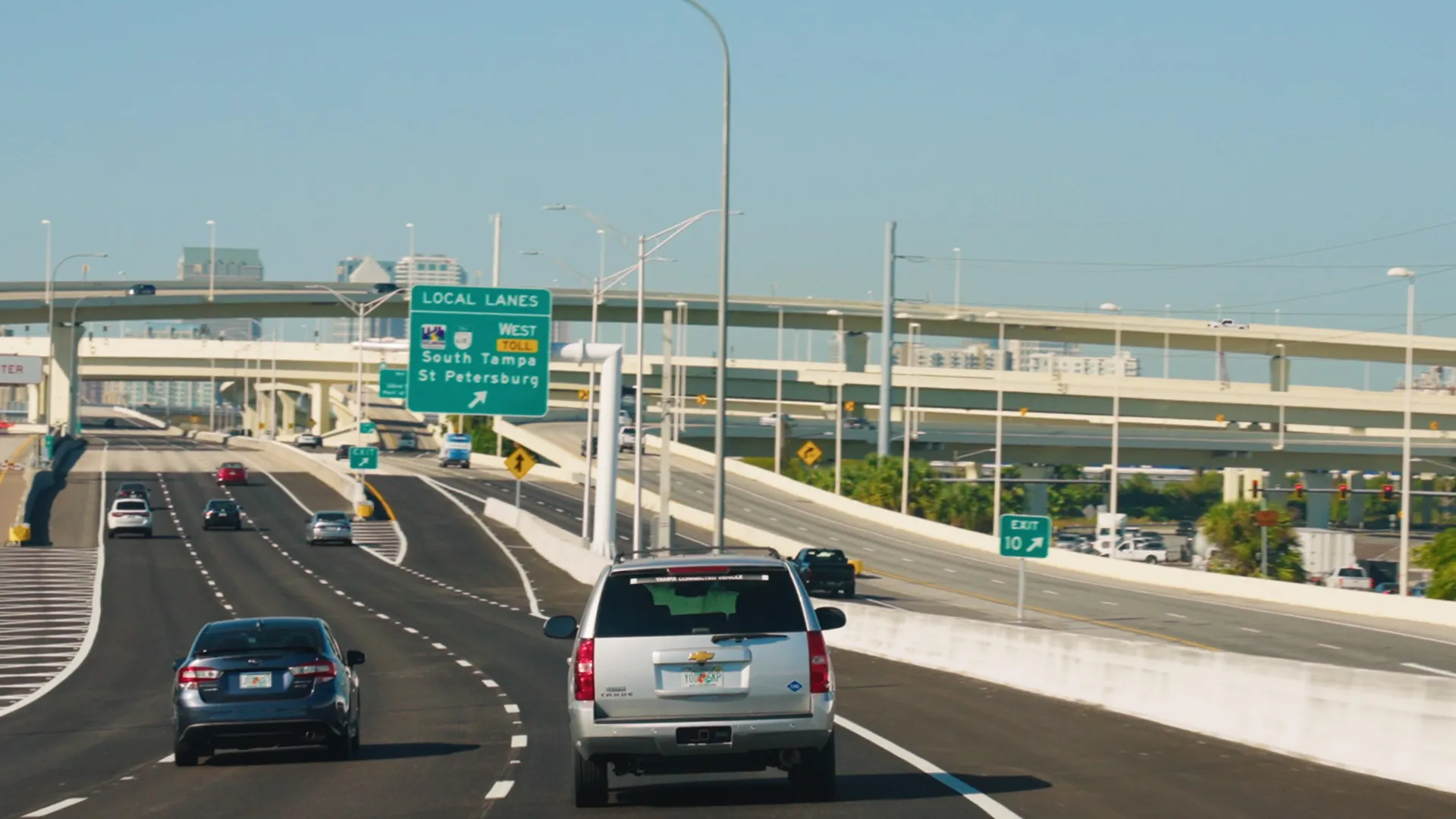
Q-Free has secured the first US contracts for its Kinetic Mobility advanced traffic management system.
The company, a provider of mobility solutions for smart city infrastructure, said the contracts cover three major metropolitan areas. One is with Transurban’s 95, 395 and Capital Beltway (495) Express Lanes near Washington, DC.
Another is the E-470 Public Highway Authority’s toll road on the eastern perimeter of Denver city in Colorado.
The third is Cintra’s Lyndon B. Johnson (LBJ) Express and North Tarrant Express Lanes in the heart of the Dallas-Fort Worth region in Texas.
“Streamlining our tolling systems help us better serve our customers, enabling faster, more reliable trips for travellers in Northern Virginia,” said Beau Memory, president of tolling provider Transurban North America. “Innovative solutions are one way we keep traffic moving and connect people, places and progress.”
“Winning these contracts is a significant milestone for Q-Free,” said Whitney Nottage, executive vice president for traffic management at Q-Free. “Kinetic Mobility sets a new standard for toll road management by providing a fully integrated, scalable solution that simplifies operations, enhances efficiency and provides a better experience for toll operators and road users.”
The Transurban deployment on the 95, 395 and Capital Beltway (495) Express Lanes near Washington, DC, is currently underway and will be the first deployment of Kinetic Mobility on a toll road in the US. The 95/395 Express Lanes constitute the longest reversible road in the country and need intense traffic management to maintain safety.
The Transurban contract award is for 12 years and includes deployment and maintenance of Kinetic Mobility, covering just over 105km (65 miles) of roads with 298 gates, 22 gantries and 349 detection points. Q-Free said that the partnership is especially meaningful because it builds on its long-standing collaboration with Transurban on multiple projects in Australia.
Q-Free’s contract for the E-470 Public Highway Authority’s toll road in Denver covers 75km (47 miles) of toll road and over 130 ITS devices and equipment.
The project, if the Authority exercises contract options, will last through 2030. The partnership could allow for enhanced traffic incident management coordination with both the Authority and the Colorado Department of Transportation using the same ATMS.
Q-Free’s work with tolling operator Cintra is to replace its existing ATMS with Kinetic Mobility on the Lyndon B. Johnson (LBJ) Express and North Tarrant Express lanes that serve major thoroughfares along two of the busiest highway corridors in northern Texas. The contract includes initial deployment and five years of operations and maintenance covering around 87km (54 miles) of toll roads.
“Partnering with major industry leaders like Transurban, the E-470 Public Highway Authority, and Cintra underscores the value and innovation our platform brings to the tolling sector,” said Mark Talbot, CEO of Q-Free.









